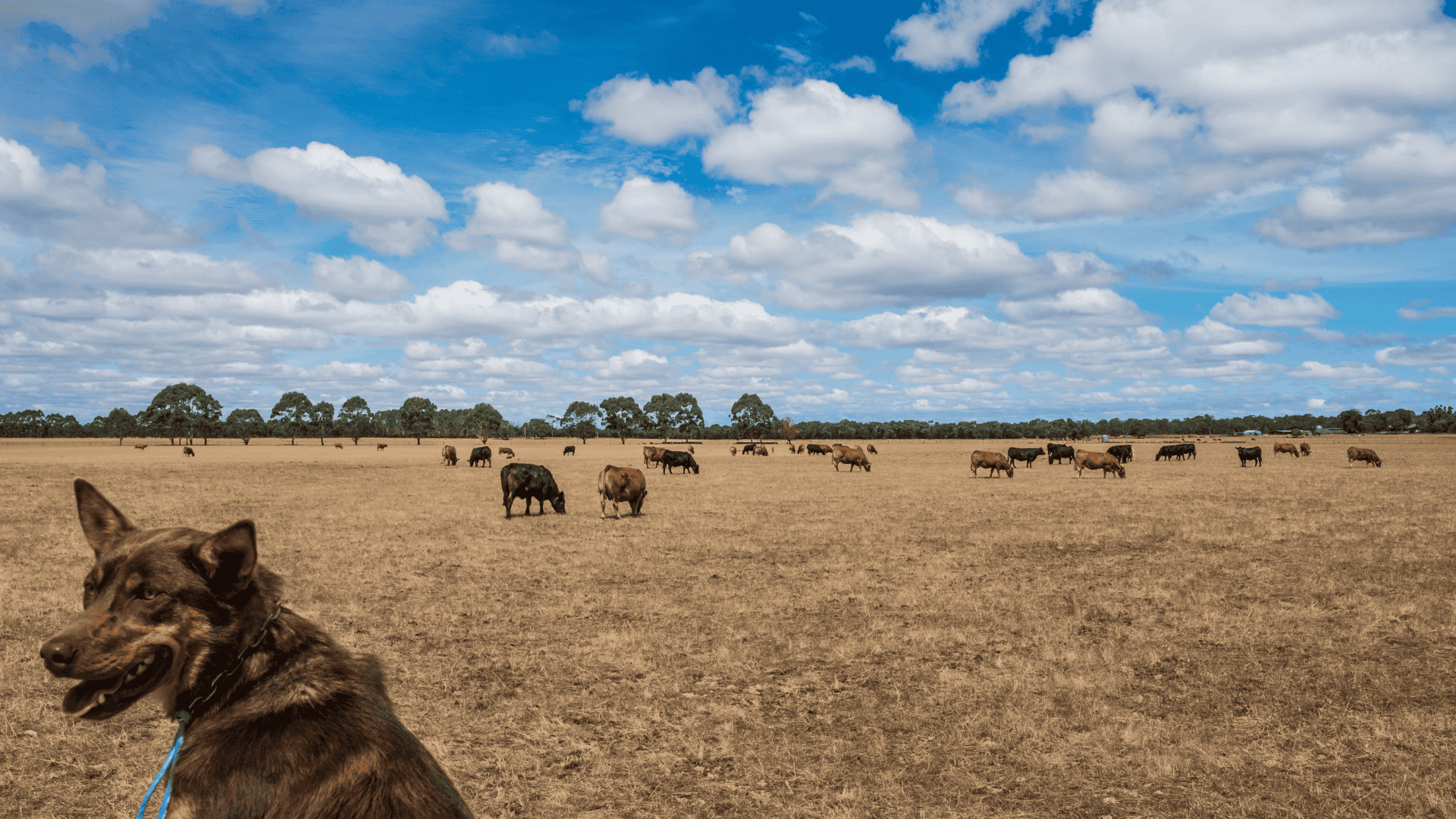Australia ag commodity prices and the Australian dollar
The higher Australian dollar has prompted questions about the likely impact on local extensive agricultural commodity prices. Mecardo has covered...
2 min read
 Natasha Lobban
:
Apr 18, 2024
Natasha Lobban
:
Apr 18, 2024

Farmers are known for their resilience, but this has been tested in new ways in recent years. At the Future Ag conference in Melbourne Thursday, a panel tackled the topic of “building resilience in the face of geopolitical disruption”.
Here are some of the key learnings.
The cost of doing business
Lawson Grains Chief Executive Officer Angus Blair said the way in which the business sourced inputs had significantly changed over the past five years in response to geopolitical instability.
“On the fertiliser front, five years ago we were driven by price purely, whereas today supply and getting our hands on the fertiliser is our number one priority,” he said.
“We are not price agnostic, but supply is our number one priority.”
Similarly, the business’ chemical tender used to be conducted in February for the year ahead, but this has been brought forward to September.
“Timing is a key driver of performance in our business,” he said.
Sourcing diesel for where and when it's needed to keep machinery moving has also become a key strategy.
Mr Blair said Lawson Grains had been experiencing a lot more volatility in the market when selling wheat, barley and canola: “Black swan events are the new normal”.
To deal with this he used a range of grain marketing options, including locking in a portion of sales, and said knowing the business’s margin was very important in decision making.
He said it was also important not to get too caught up in the things that were out of their control, while also acknowledging when things are tough.
Derisking key to future of sheep farming
Sheep Producers Australia (SPA) Chief Executive Officer Bonnie Skinner spoke about the industry’s vulnerability through shipping routes and the “butterfly effect” that cascaded throughout the world when geopolitical instability hit.
Ms Skinner said diversification of markets, particularly in the Indo-Pacific region, would be important for the industry in the years to come.
She cited the recent incident when the live export ship Bahijah returned to Australia due to safety concerns on its route, and suggested the government wasn’t really equipped to deal with the situation.
She also said government preparedness and derisking activities, such as diesel storage, could play a role in the future.
For individual sheep producers, who were price takers, she believed derisking the business could have a role to play in preparing for future success.
“We deal with mostly family farming, so the ability of each of those farms to manage risk is very variable,” she said.
“We need a whole of industry response.
“What can we do to upskill sheep producers.”
What have hashbrowns got to do with anything?
Episode 3 Founder and Director Andrew Whitelaw said geopolitical disruption could provide negative, but also positive, impacts for the agriculture industry.
“From that point of view, it’s about taking advantage of the good times,” he said.
He rejected the doomsday messaging about food security in Australia, saying, “Calorific wise we are the most food secure in the country”.
Rather, Mr Whitelaw, a market analyst, said the way in which food businesses were operating was moving away from “just in time” management into risk mitigating behaviours.
He used hashbrowns as an example, with a client’s access to sunflower oil cut off due to the war in Ukraine.
The business pivoted to palm oil, and had to rework packaging, only to lose access to that palm oil as well and move to canola oil. That meant reworking their packaging again.
Mr Whitelaw said “just in time” management was more difficult to do as geopolitical pressures increased.
He said examples of risk mitigating behaviours could include storing more raw materials, storing more stock in cool storage or paying more for local ingredients to ensure supply.
Mr Whitelaw also described governments as “the worst people to be involved in markets”.
“Leave private enterprise to find the right route.”
Future Ag is being held in Melbourne this week. Keep an eye on APlus News for more articles about the panels, speakers and innovations on show at the event during the coming weeks.
.png)
The higher Australian dollar has prompted questions about the likely impact on local extensive agricultural commodity prices. Mecardo has covered...

Last week, StoneX released its H1 2026 Australian Cattle & Beef Market Outlook report, which covers all key production forecasts for the beef...

Greasy wool prices have increased markedly this season, in the absence of any substantial improvement in macroeconomic indicators or major apparel...